Expatriates in Dubai – how much does it cost to live in Dubai

Dubai is one of the largest cities and fastest growing business centers in the world, which attracts not only numerous tourists but also specialists in various fields who want to live and work here. But before you move, you need to learn more about living in Dubai and estimate its cost so you can live comfortably. In this article, we have given an approximate calculation for expenses for living in Dubai in 2021 for one person and a family of four people. The information below includes detailed prices for renting or buying real estate, the cost of utilities, food, healthcare, transport and gym costs, as well as various other services, including cosmetic procedures.
Comparison of Dubai and other cities
According to Mercer’s 2020 Cost of Living Survey, Dubai is ranked as the 23rd most expensive city to live in. The annual study is based on factors such as price fluctuations, cost inflation for goods and services, instability of accommodation prices and so on. It’s worth noting that Dubai is down two points from 2019, where it ranked 21st. This survey shows that living in Dubai is much cheaper than in major cities like Hong Kong, which ranks first in the list, Tokyo came in third place and New York at sixth. In the Middle East, Dubai is the second most expensive city after Tel Aviv in Israel.
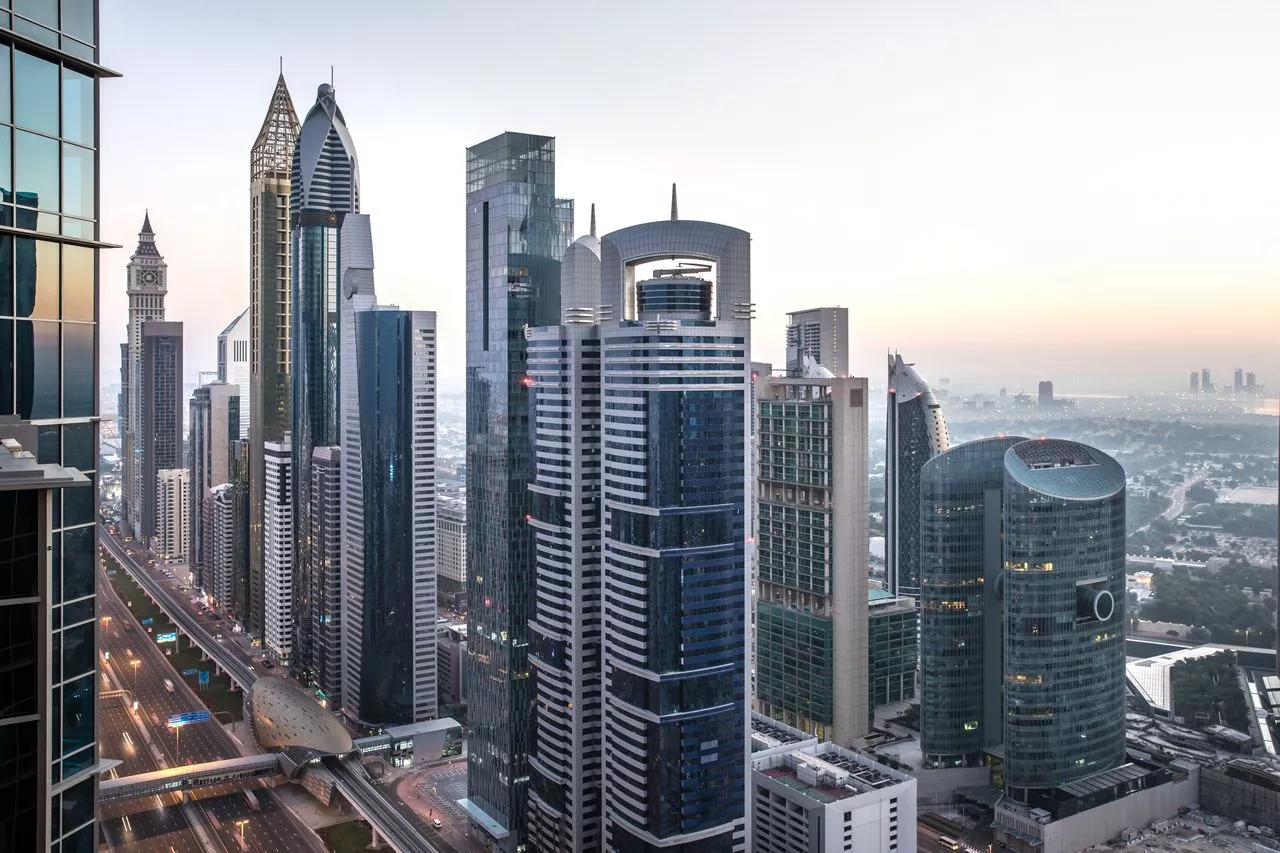
The cost of living in Dubai
Expenses can vary significantly depending on your personal preferences, lifestyle and area of residence. Basically, living in the center of Dubai is much more expensive (as with anywhere else in the world) than outside it. But it is worth noting that in recent years, the central areas of the city have become more affordable as new, more economical housing options appear in the market, so prices may not always be sky-high. Next, we will look at the most affordable areas for both renting and buying real estate. Note: It is worth remembering that regardless of the area in which the real estate in Dubai will be purchased, you can count on its good liquidity (on average up to 9% ROI) and fast payback (approximately 7-12 years) in the future. Over time, you can resell your home at a better price or start renting it out, which will bring an additional stable, in some cases, passive income.
Utilities
Another important factor to consider for the average price of living in Dubai is utilities. In other words, electricity, water, mobile data and WiFi. The Dubai Electricity and Water Authority (DEWA) handles electricity and water services for all properties across the emirate. It also includes sewage and housing fees. The company charges 0.23 fils per unit for electricity, 0.30 fils for water and 0.5 fils for sewage. If the service has not been activated before, the fee will cost AED 2,000 (USD 550) for the set up in apartments and AED 4,000 (USD 1,100) for villas. The average price for electricity and water services for a 900 sq. ft apartment will be around AED 600 (USD 160) per month. In the summer, the bill may increase due to the constant use of AC. As for WiFi connection, mobile communications and television, there are two main providers in the UAE; Etisalat and Du.

<ul><li>For AED 389 (USD 106) per month, you can get WiFi with a download speed of up to 500 Mbit/s, about 200 different TV channels and free local calls to landlines.</li><li>The basic mobile communication package, which includes up to 13 GB of data and 400 minutes for international and local calls, costs AED 200 (USD 55). The bonus is a free 1 GB for Wi-Fi.</li></ul>
Food
Most of the food products are imported and therefore the prices are high across the board. Buying seasonal products from local production or shopping at more affordable supermarkets such as Carrefour, Lulu Hypermarket and Union Cooperative can help save a little extra on groceries. The average bill for groceries for one person is AED 480 (USD 130). For a family of four, the monthly expenditures can be AED 2,000 (USD 550). Approximate prices for some the food products in supermarkets in Dubai:
<ul><li>Eggs (Regular 12) – AED 9.34 (USD 2.54)</li><li>White Bread – AED 4.95 (USD 1.35)</li><li>Milk (1 liter) – AED 5.91 (USD 1.61)</li><li>White Rice (1kg) – AED 6.95 (USD 1.89)</li><li>Beef Round (1kg) – AED 38.62 (USD 10.51)</li><li>Chicken Fillets (1kg) – AED 25.60 (USD 6.97)</li><li>Cheese (1kg) – 35.40 (USD 9.64)</li><li>Potato (1kg) – AED 3.52 (USD 0.96)</li><li>Onion (1kg) – AED 3.17 (USD 0.86)</li><li>Tomatos (1kg) – AED 5.22 (USD 1.42)</li><li>Apples (1kg) – AED 7.23 (USD 1.97)</li><li>Banana (1kg) – AED 5.81 (USD 1.58)</li></ul>
A mid-range restaurant bill for a single person is AED 80 (USD 22) while a meal for two people will cost approximately AED 250 (USD 68). A restaurant bill for a family of four will be AED 600 (AED 160). Note: Residents are required to obtain a liquor license to purchase, transport, store and drink alcohol at home. This costs AED 270 (USD 73.5) and the license takes 2-3 weeks to be issued and is valid for 1 year and renewable on this date.
Transportation
Public transport in Dubai includes the metro, buses, trams, taxis and even water modes of transport, such as water buses. To get around the city, it is recommended to use a Nol travel card, since not all types of public transport can be paid in cash. The Nol card is divided into 3 comfort classes:
<ul><li>Gold Card-gives the right to travel in high-comfort cars in the metro- these are generally much quieter with more seating options.</li><li>Red Nol Ticket is the most popular travel card. It can be used only for 1 type of transport and can record up to 10 trips or a travel card for the whole day – both regular and Gold. The ticket is valid for 90 days and costs AED 2 (USD 0.54).</li><li>NOL Silver Card costs AED 6 (USD 1.63) with available fares for a week. The validity period is 5 years, with a maximum deposit of up to AED 1,000 (USD 272.24).</li></ul>
Important! Each card belongs to a different comfort class. For example, if you have a Red Nol Ticket, and you are traveling in a Silver or Gold car, you will be charged an appropriate fee for the class in which you are in, as well as a fine. Fines for incorrect payment of travel are AED 200 (USD 54.45). The standard resident card costs AED 70 (USD 19), including the AED 20 trip credit. There are special fares available for students, seniors, etc. and children under the age of five travel free. The average cost for traveling per month will be around AED 300 (USD 80). Dubai Taxis are an affordable type of transportation unlike in other large cities across the world. The landing price is AED 12 (USD 3), and AED 2.40 (USD 0.6) for each mile thereafter. Private taxis have their own fares. Compared to London or New York, buying a new car in Dubai is a much more affordable option. For example, a 2018 Toyota Corolla car costs an average of AED 72,000 (USD 19,600). To buy it at a dealership you need to make a down payment of 20%, which in this case is AED 14,400 (USD 3,900). In the case of a credit purchase, the payments will be AED 960 (USD 260) a month. The average price to buy a used car is AED 43,300 (USD 11,800). Approximately 20% – 40% off the market price. Additional expenses include:
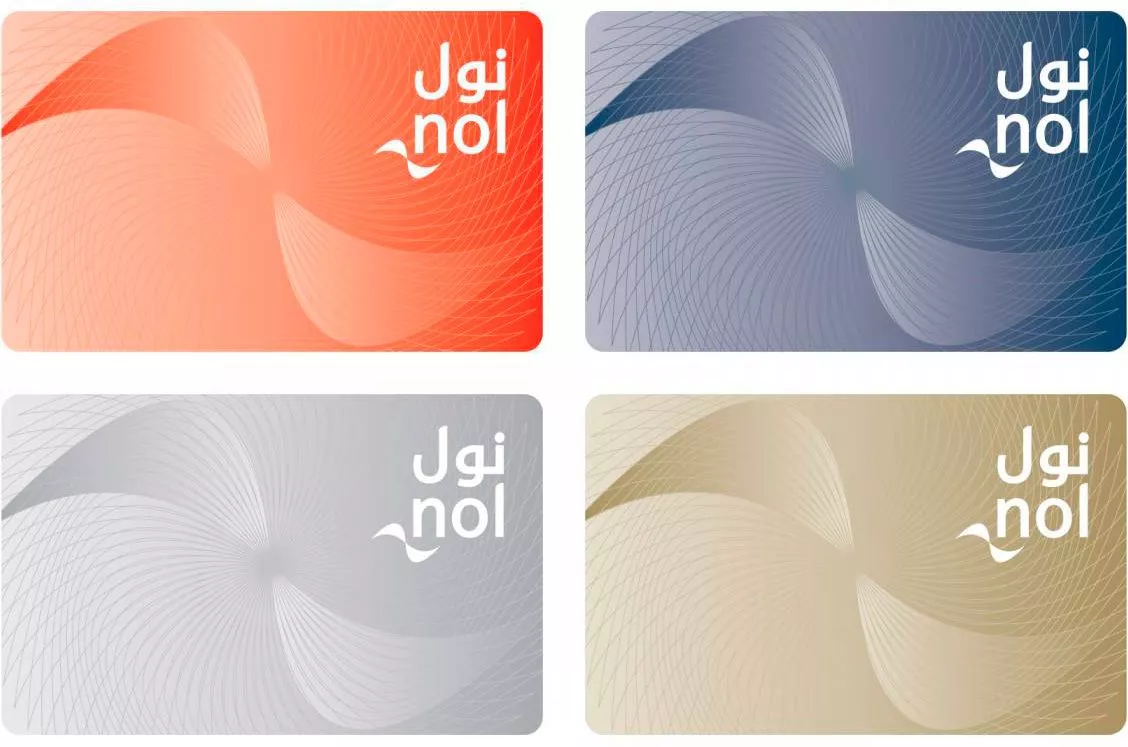
<ul><li>Comprehensive insurance – AED 3,000 to 4,000 (USD 817 to USD 1,089)</li><li>Registration costs AED 1,000 (USD 272,24).</li><li>Cleaning, maintenance, and servicing – AED 1,000 (USD 272,24).</li><li>Salik Registration is AED 1,000 which is Dubai’s road payment system that operates without toll booths or barriers.</li><li>The price for 1 liter of gasoline is AED 2 (USD 0,55), an average of AED 3,000 to 4,000 (USD 817 to USD 1,089) per year.</li></ul>
To rent a car in Dubai will cost approximately AED 100 (USD 27) per day for a car like a Toyota Corolla 2018 including all extra charges. The average price for a week’s car rental is AED 700 (USD 150), with the monthly rental at AED 2,000 (USD 545) for the same car, plus associated costs.
Healthcare
Health care in Dubai is at a very high level. The average life expectancy of the city’s residents is 80 years old. Every resident of the city must have some sort of medical cover. The system itself is divided into public (20%) and private healthcare (80%), where public medical services are free for local residents and paid for expats. In turn, medical insurance is divided into 4 types: Individual, Family Health Insurance, Senior Citizen Health Insurance and Group/Employee Insurance, which is usually purchased by the employer (but it does not always apply to family members). The average purchase price of insurance in Dubai is about AED 10,000 (USD 2,723) per year, and the UAE medical card can be purchased at the Dubai Health Authority (DHA) for AED 320 (USD 87,12) for persons aged 10 years and older. For those under 10 years, the card will cost AED 120 (USD 32,7). It is better to have a medical card, even if you have medical insurance since it cannot cover all medical procedures. In addition, there is a special type of insurance called the Essential Benefits Plan (EBP), under which low-income workers, dependents and non-working residents have access to a good level of medical care at reasonable prices. This is a collaboration between the Government of Dubai and a small number of health insurance companies. The cost of insurance is from AED 650 (USD 177) and AED 725 (USD 204,18) per year.
Education
The educational system in Dubai is divided into public and private. However, about 90% of all schools in the city are private, offering American, British, Indian and many more curriculums. In Dubai, education is compulsory for all children from the age of five to 16 years old and the city has some of the best institutions in the region. About 80% of all children in Dubai are under 5 years old. Some institutions accept children from 3 months and others from 12 months up to 4 or 5 years old. The average price for tuition is AED 27,000 (USD 7,350) per year. Some of the best preschools are: Kangaroo Kids Nursery, Emirates British Nursery, GEMS World Academy Dubai, GEMS Dubai American Academy and Great Minds Nursery. The schooling system is divided into primary and secondary education. Grade and age systems for primary education can be different according to the curriculum. The American curriculum starts from kindergarten at the age of five and ends at age of 14 in Grade 8. At the same time, the British curriculum runs from the age of four or five in Year 1 and ends at the age of 14 in Year 9. Secondary education implies Advanced Placement, SAT, IB Diploma and other educational programmes. Tuition fees vary from grade to grade. For instance, the average annual fee for G4/Y5 is AED 33,400 (USD 9,100), however,for G7/Y8 this is AED 37,900 (USD 10,300). Some of the best private schools in Dubai are Dubai British School, GEMS Wellington International School, GEMS Dubai Academy, Dubai College and Repton School. All of them have a KHDA rating as “outstanding”. To apply to private schools, an additional fee for registering a child which starts at AED 500 (USD 135) has to be paid at the start of the process. University tuition fees in the UAE are objectively high and are the second-highest only after the USA, UK and Australia. The advantage of high prices is an excellent, high-level curriculum, with all diplomas accepted around the world. There are five local and more than 55 private colleges and universities in Dubai. Students can choose from a wide range of programs that offer Bachelor’s, Master’s and PhDs from different institutions. Tuition fees vary between what university or college you choose. For example, the University of Wollongong’s tuition starts from AED 68,250 per year, whereas the University of Birmingham has a fee of AED 82,000 (USD 22,300) for a year of study to obtain a bachelor’s degree. Canadian University costs AED 66,150 (USD 18,000) and Rochester Institute of Technology Dubai is AED 61,950 (USD 16,900).
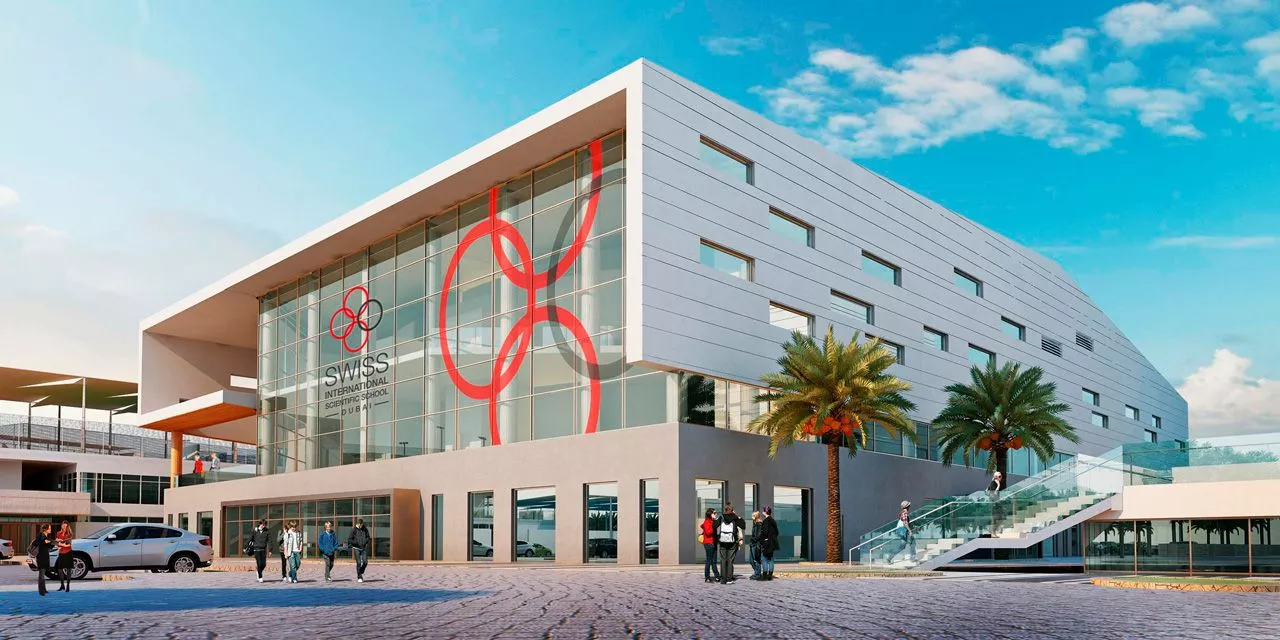
Services
While living in another country, you may often need specific services including house cleaning or babysitting. One of the features of Dubai is that these types of services are very affordable:
<ul><li>A one-off cleaning service for a 1-bedroom apartment of approximately 700-1,100 sq. ft. costs AED 500 (USD 135).</li><li>Babysitting costs vary from agencies but the price starts from AED 30 (USD 8) per hour.</li><li>Dog walking prices start from AED 35 (USD 10) per hour.</li><li>Dry cleaning prices depend on the company but the average bill will be approximately AED 130 (USD 35) (5 T-shirts, 2 pairs of socks, 2 pairs of trousers, 2 pairs of underwear and 1 suit).</li></ul>
The basic living expenses also include sports, recreation and some cosmetic services. It all depends on your needs, preferences and of course income. For example, a monthly membership to a fitness center costs approximately AED 250 (USD 68) per month. The average price of a cinema ticket for two in Dubai is AED 82 (USD 22). Dubai is home to a huge number of theme parks. Atlantis Aquaventure & Lost Chambers, for example, will cost AED 290 (USD 79) for a single person. IMG Worlds of Adventure is AED 245 (USD 66) and Ferrari World is AED 335 (USD 91). However, there are also low-cost options such as Creekside Park Dubai where children can see the planetarium, watch the Creek Park dolphin show, experience 5D and 7D shows in the private theatre and many more. The ticket price is AED 5 (USD 1.36) per person. You can also visit the 3D Museum, which has a ticket price of AED 66 (USD 18) or have an experience in the VR park Dubai Super 7 for the same price.
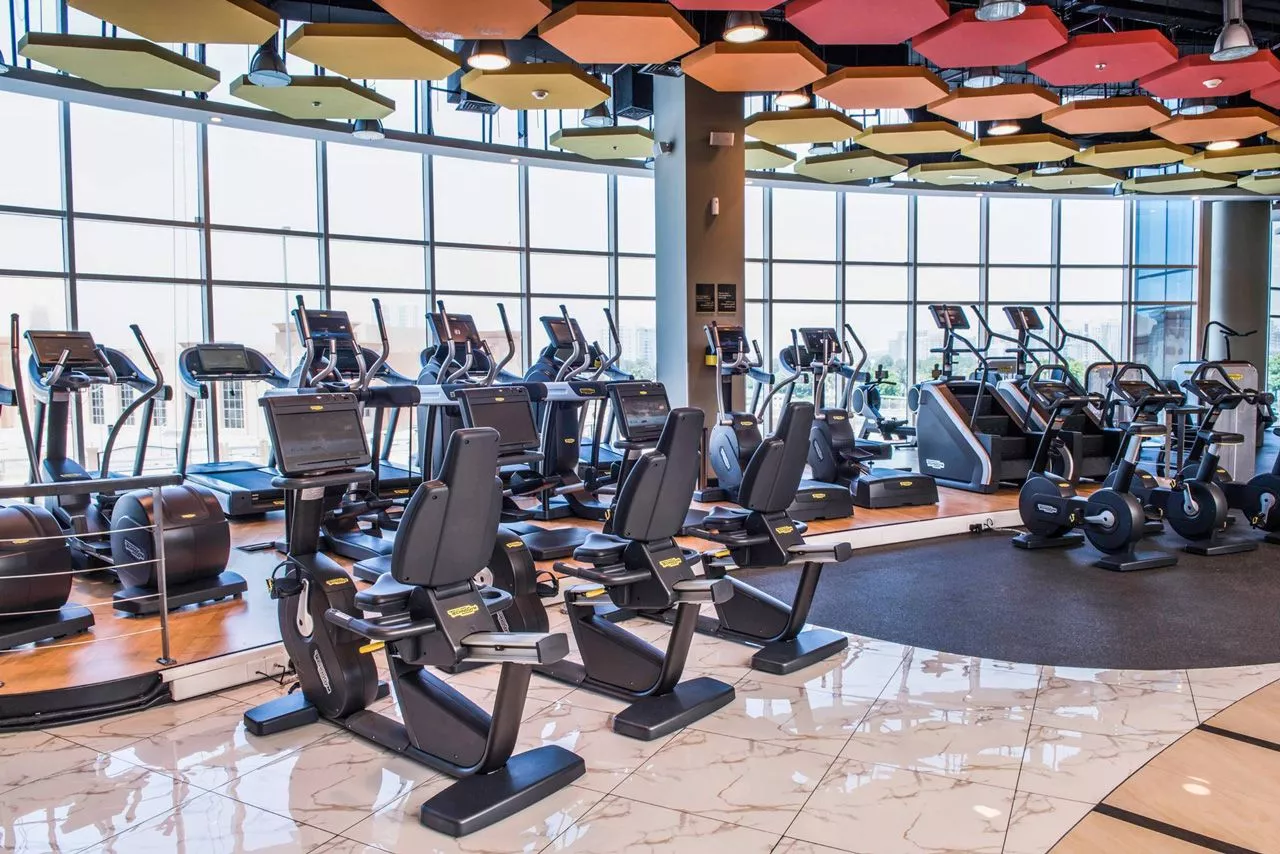
<ul><li>The average price for a men’s haircut is AED 74 (USD 20).</li><li>Women’s haircuts average around – AED 30 (USD 8) for long hair and AED 25 (USD 7) for short hair; blow drying is from AED 30 to AED 50 (USD 15); hair colour is from AED 40 (USD 11) to AED 80 (USD 22).</li><li>A classic manicure costs AED 63 (USD 17) and a pedicure – AED 79 (USD 21).</li><li>The average price for spa services for 40 minutes in Dubai is AED 810 (USD 220) but more affordable services can be found with an approximate price of AED 350 (USD 95) for the same period of time.</li><li>Cosmetologist service prices start from AED 300 (USD 80) and can go up to AED 7,500 (USD 2,000) depending on the treatment, procedure and Doctor.</li><li>Full body wax can cost AED 370 (USD 100) and a full-body sugar wax session is AED 500 (USD 135).</li></ul>
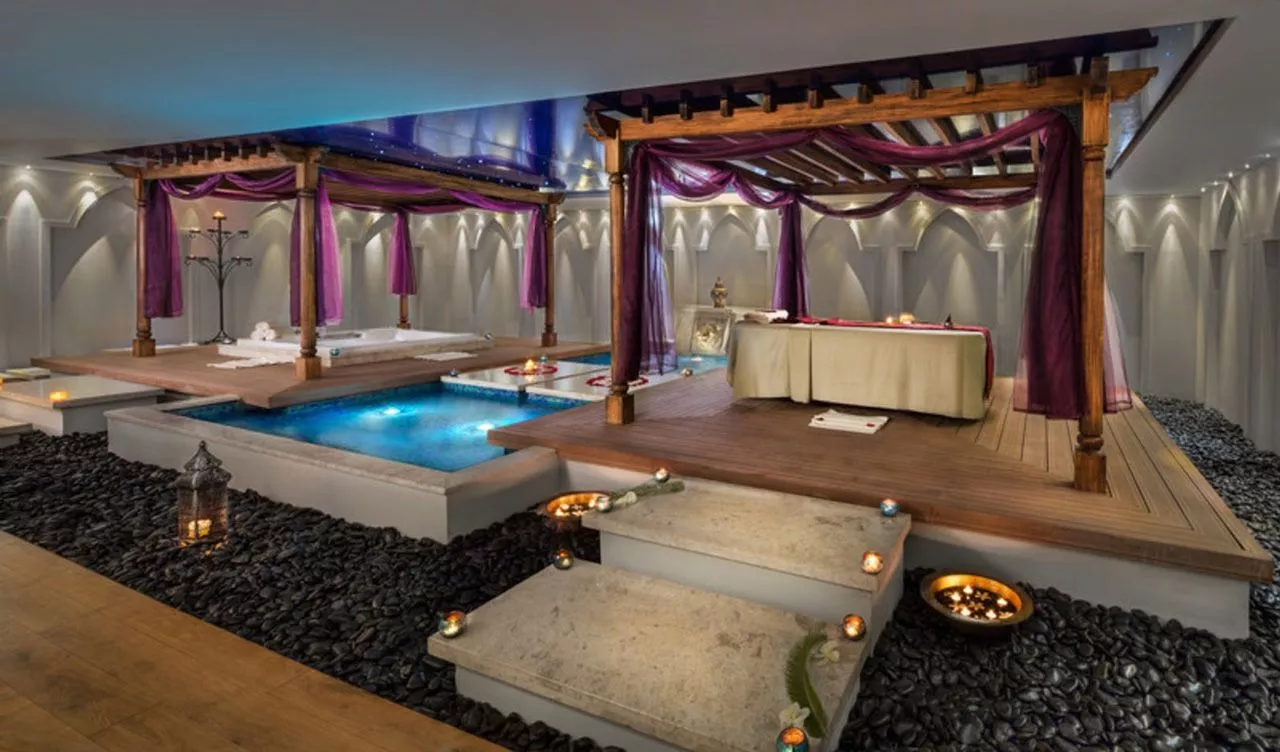
Summary
<ul><li>Dubai ranks 23rd in the world in cost of living and is cheaper than Hong Kong, Tokyo and New York.</li><li>The average cost of living in Dubai for one person is AED 4,000 per month and for a family of four is AED 12,000.</li><li>The average bill for transportation is AED 300 and for food is AED 480 per person per month.</li><li>When planning a move, it is important to remember that housing costs should not exceed 30-35% of monthly income.</li><li>Additional services such as cleaning, babysitting are quite affordable in Dubai.</li></ul>


